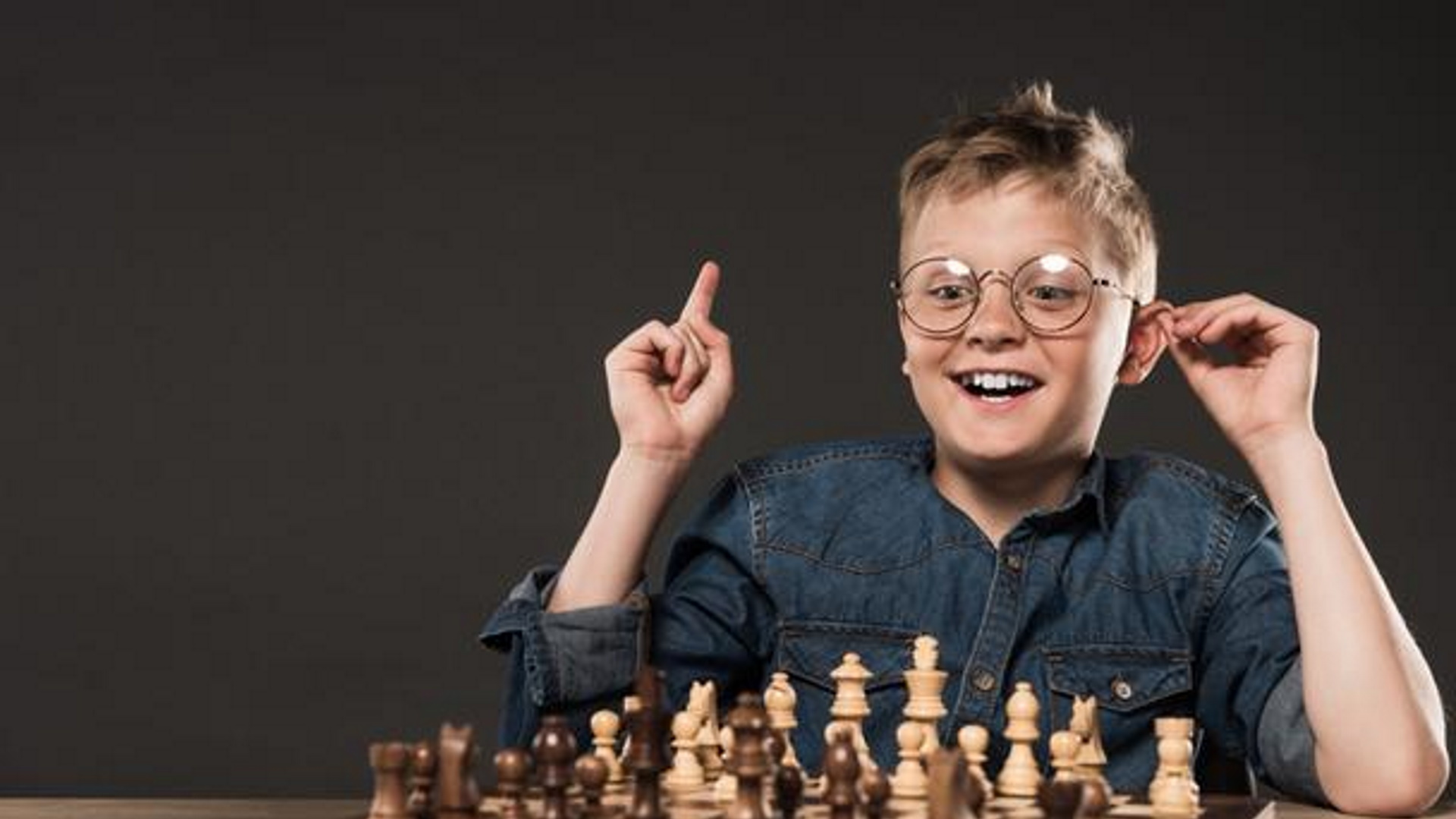Chess is a combination of sport, art, science, game and overall a way of life.
It has always played a vital role in a young person’s character building, as it helps its shaping in many different ways. To name but a few, it boosts a learner’s autonomy, decision making and social interaction. It increases concentration skills, discipline, and responsibility. It helps learners organize their thoughts, become more confident and self-reliant. Critical thinking, observation as well as perseverance are put to the test.
It comes as no surprise that a lot of public and private schools, colleges, universities and other academic institutions have adopted chess as part of their curricula, either as an obligatory or an optional subject. Competitions amongst them have been created, with winners bringing prestige and fame to their establishments.
So, why not Language Centres too?
Chess can be a part of an FLS classroom in two different ways. As just something supplementary or as a separate section of education. In each of these ways, there are various ideas that can be implemented in the classroom.
- USING CHESS AS SOMETHING SUPPLEMENTARY
(Basic knowledge of chess terms in English is required by the teacher)
CHESS VOCABULARY
Chess terminology can be taught at any time, providing students with additional vocabulary and knowledge. This can be done in extra speaking or writing activities during free time after a test or whenever the teacher wants to fill a gap of time. Learners do not get bored and they have something useful to do.
CHESS FASHION
Students can be creative and introduce different kinds of dressing into the classroom. Checkered patterns in shoes, hoodies or any other kinds of garments can become very popular easily. Items of clothes with chess pieces or quotes printed on them are a common sight too.
CHESS DISCUSSIONS
As the former World Chess Champion Gary Kasparov once said: ‘Life is a game of chess’. Great discussions about various topics can start based on chess: Life plans and ambitions, comparison of chess with real life, resemblance of personality with chess pieces. Students can improve their fluency, social skills, express themselves and in some cases they even coin terms and expressions, such as ‘Multitasking as a queen’ or ‘as solid as a rook’! Personality quizzes can be used by learners to identify which chess piece they resemble to.
CHESS BREAKS
There is always time for a good game of chess during breaks or free time, bringing students together and closer to each other. They can spend their time creatively, competitively and socialize more effectively. Ideas and innovations can be put into action, and new experiences are created.
CHESS DECORATIONS
Chess patterns, designs and equipment bring a more colourful and educational atmosphere into the classroom. Educational chessboards with colourful squares and magnets, oversized chess pieces, black and white balloons can be put in various places, creating a more diverse background in every classroom. Chess trophies from various competitions can be exhibited in showcases too.
- USING CHESS AS A SEPARATE SECTION OF EDUCATION
(Chess trainer with basic knowledge of chess terms in English required)
CHESS LESSONS IN ENGLISH
Thousands of children learn chess nowadays. Why not doing this while improving their English? Children do not need to change location to practise another activity. Lessons can be conducted online too. Language Centres acquire additional value, offering extra quality and range of services and satisfying the demand for the best mind sport at the same time. Extra revenue is created.
CHESS EVENTS
Chess tournaments, championships, competitions and seminars instill the idea that language Centres are an integral part of the local community. Collaboration with local chess clubs can be established, FLSs become the venue of important events, and successful students are sources of prestige in their language Centres. Cooperation among FLS owners is achieved, and this strengthens their bonds as a result.
Apart from its use inside the classroom, chess can be used outside the classroom too. Back in the 70’s and the 80’s, various Utility Companies and Commercial Banks had their own teams and took part in local Club Championships. Nowadays, there are many vocational and professional associations, which organize competitions amongst their members. To name but a few, the Armed and Security Forces hold their championship every year and the Bar Association (Judges, Lawyers, Notaries, Bailiffs) have their very strong tournament too.
As a result, it came as no surprise that the Panhellenic Association of Language School Owners (EUROPALSO) organized their 1st ‘Chess Cup of Friendship’ in April 2022, with the participation of various FLS owners. The event was dedicated to Peace, with the title ‘We checkmate the violence’. It gave the opportunity to FLS owners to meet with one another, spend some time creatively, talk about everyday challenges and, thus, showing that chess can actually bring people closer together. More occasions like this are expected to follow.
So, are you ready to teach English with the help of 64 black and white squares and 32 pieces? New methods of teaching a foreign language appear all the time and combining English with chess is one of them. Some FLSs have already implemented it. What are you waiting for?
George Vavoulidis,
FLS Owner
Chess Player and Arbiter
